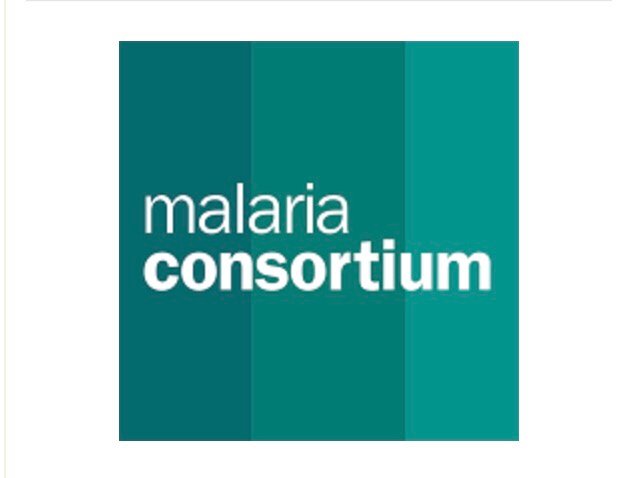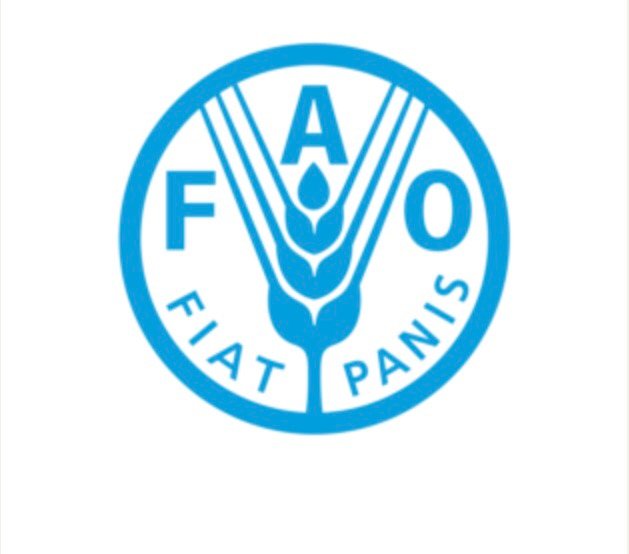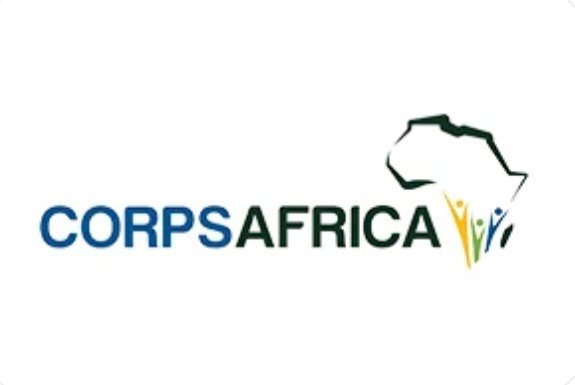A stethoscope is a medical device used to listen to internal sounds of the body, such as heartbeats and breathing. It is an important tool for healthcare professionals, including doctors, nurses, and medical students, to diagnose and monitor various medical conditions in the healthcare facilities.
History:
The stethoscope was invented in 1816 by René Laennec, a French doctor at the Necker-Enfants Malades Hospital in Paris. He invented the stethoscope because he became uncomfortable placing his ear directly onto a woman’s chest to listen to her heartbeat, so he used a rolled piece of paper to amplify the sound without requiring physical contact.
Laënnec was also inspired by the fact that sound can travel through solid objects, and he created a wooden tube to listen to heart sounds.
Over the years, the design has evolved, with modern stethoscopes featuring improved materials, such as stainless steel and plastic, and advanced technology, like electronic and digital stethoscopes.
Components:
A typical stethoscope consists of:
- Chest piece: The part placed against the patient’s chest or back
- Diaphragm: A thin, flexible material that amplifies sound waves
- Bell: A hollow, cup-shaped component used for low-frequency sounds
- Tubing: Connects the chest piece to the earpieces
- Earpieces: Fit into the healthcare professional’s ears
Types:
There are several types of stethoscopes, including:
- Acoustic stethoscopes: Traditional, non-electronic stethoscopes
- Electronic stethoscopes: Amplify sounds electronically
- Digital stethoscopes: Convert sound waves into digital signals
- Fetal stethoscopes: Used to listen to fetal heartbeats during pregnancy
- Pediatric stethoscopes: Designed for children and infants
Uses:
Stethoscopes are used to:
- Monitor heart rate and rhythm
- Listen to lung sounds (breathing, wheezing)
- Check blood pressure
- Diagnose cardiovascular conditions (e.g., heart murmurs)
- Monitor fetal well-being during pregnancy
Benefits:
The stethoscope offers several benefits, including:
- Non-invasive and painless
- Quick and easy to use
- Cost-effective
- Portable and convenient
- Essential for physical examinations and diagnoses
The stethoscope is an indispensable tool in the medical field, allowing healthcare professionals to listen to the body’s internal sounds and make accurate diagnoses. Its evolution over the years has led to improve designs and technology, enhancing its functionality and effectiveness. As medical technology continues to advance, the stethoscope remains a vital instrument in patient care and diagnosis.
Parts of Stethoscope
Here are the parts of a stethoscope:
- Diaphragm: A thin, flexible material that amplifies sound waves.
- Bell: A hollow, cup-shaped component used for low-frequency sounds.
- Tubing: Connects the chest piece to the earpieces.
- Earpieces: Fit into the healthcare professional’s ears.
- Headset: The entire assembly that fits on the head, including earpieces and tubing.
- Binaural: The two earpieces that direct sound to each ear.
- Stem: Connects the chest piece to the tubing.
- Valve: Controls the flow of sound between the bell and diaphragm sides.
- Chest Piece Attachment: Allows for interchangeable chest pieces.
- ID Tag: Identifies the stethoscope’s owner or user.
- Acoustic Tubing: Transmits sound waves from the chest piece to the earpieces.
- ID Tag: Identifies the stethoscope’s owner or user.Acoustic Tubing: Transmits sound waves from the chest piece to the earpieces.
- These parts work together to enable healthcare professionals to listen to internal sounds and diagnose various medical conditions.
- Chest Piece: The part placed against the patient’s chest or back.
Uses of Stethoscope
The stethoscope is a vital medical tool used by healthcare professionals to listen to internal sounds of the body, such as heartbeats, breathing, and blood flow. It is an essential instrument for diagnosing and monitoring various medical conditions. Here’s how a stethoscope is used:
- Physical Examinations: A stethoscope is used during physical examinations to listen to heart sounds, lung sounds, and blood pressure.
- Heart Sounds: The stethoscope is placed on the chest to listen to heartbeats, murmurs, and abnormal sounds, helping diagnose conditions like heart valve problems or cardiac arrhythmias.
- Lung Sounds: The stethoscope is placed on the back and chest to listen to breathing sounds, helping diagnose respiratory conditions like pneumonia, bronchitis, or asthma.
- Blood Pressure: The stethoscope is used to listen to the sounds of blood flowing through arteries, allowing healthcare professionals to measure blood pressure.
- Fetal Monitoring: A specialized stethoscope, called a fetal stethoscope or Pinard horn, is used to listen to fetal heartbeats during pregnancy.
- Pediatric Exams: Pediatric stethoscopes are designed for children and infants, allowing healthcare professionals to listen to their heart and lung sounds.
- Emergency Situations: Stethoscopes are used in emergency situations, such as cardiac arrests or respiratory distress, to quickly assess a patient’s condition.
- Monitoring: Stethoscopes are used to monitor patients with chronic conditions, such as heart disease or respiratory problems, to detect any changes or complications.
- Surgical Procedures: Stethoscopes are used during surgical procedures to monitor heart and lung sounds, ensuring patient safety.
- Medical Education: Stethoscopes are used in medical training to teach students how to listen to heart and lung sounds, developing their diagnostic skills.
The stethoscope is an indispensable tool in healthcare, allowing professionals to listen to internal sounds and make accurate diagnoses. Its versatility and importance make it a vital instrument in various medical settings.
How Stethoscope Function
The stethoscope is a medical device used to listen to internal sounds of the body, such as heartbeats, breathing, and blood flow. It functions by transmitting sound waves from the chest or back to the ears of the healthcare professional using it. Here’s a detailed explanation of how a stethoscope functions:
- Sound Waves: When a patient’s heart beats or lungs breathe, it creates sound waves that travel through the body.
- Chest Piece: The stethoscope’s chest piece is placed on the patient’s chest or back, and it picks up these sound waves.
- Diaphragm: The chest piece contains a diaphragm, a thin, flexible material that amplifies the sound waves.
- Bell: Some stethoscopes have a bell-shaped component that is used to listen to low-frequency sounds, such as heart murmurs.
- Tubing: The sound waves are transmitted through the tubing, which connects the chest piece to the earpieces.
- Earpieces: The earpieces fit into the healthcare professional’s ears, allowing them to listen to the amplified sound waves.
- Acoustic Conductivity: The stethoscope’s materials, such as stainless steel or aluminum, have high acoustic conductivity, allowing sound waves to travel efficiently.
- Air-Tight Seal: The earpieces and chest piece are designed to create an air-tight seal, preventing external noise from interfering with the sound waves.
- Sound Amplification: The stethoscope amplifies the sound waves, making them louder and clearer for the healthcare professional to hear.
- Frequency Range: Stethoscopes are designed to detect sound waves within a specific frequency range, typically between 20 Hz and 2000 Hz.
- Sound Transmission: The stethoscope transmits sound waves in a linear fashion, preserving the original sound’s characteristics.
- Noise Reduction: Some modern stethoscopes have noise-reduction features, such as noise-cancelling technology or special materials, to minimize external interference.
No doubt that stethoscope functions by using a combination of materials and design features to detect, amplify, and transmit sound waves from the body to the healthcare professional’s ears, enabling them to diagnose and monitor various medical conditions.








